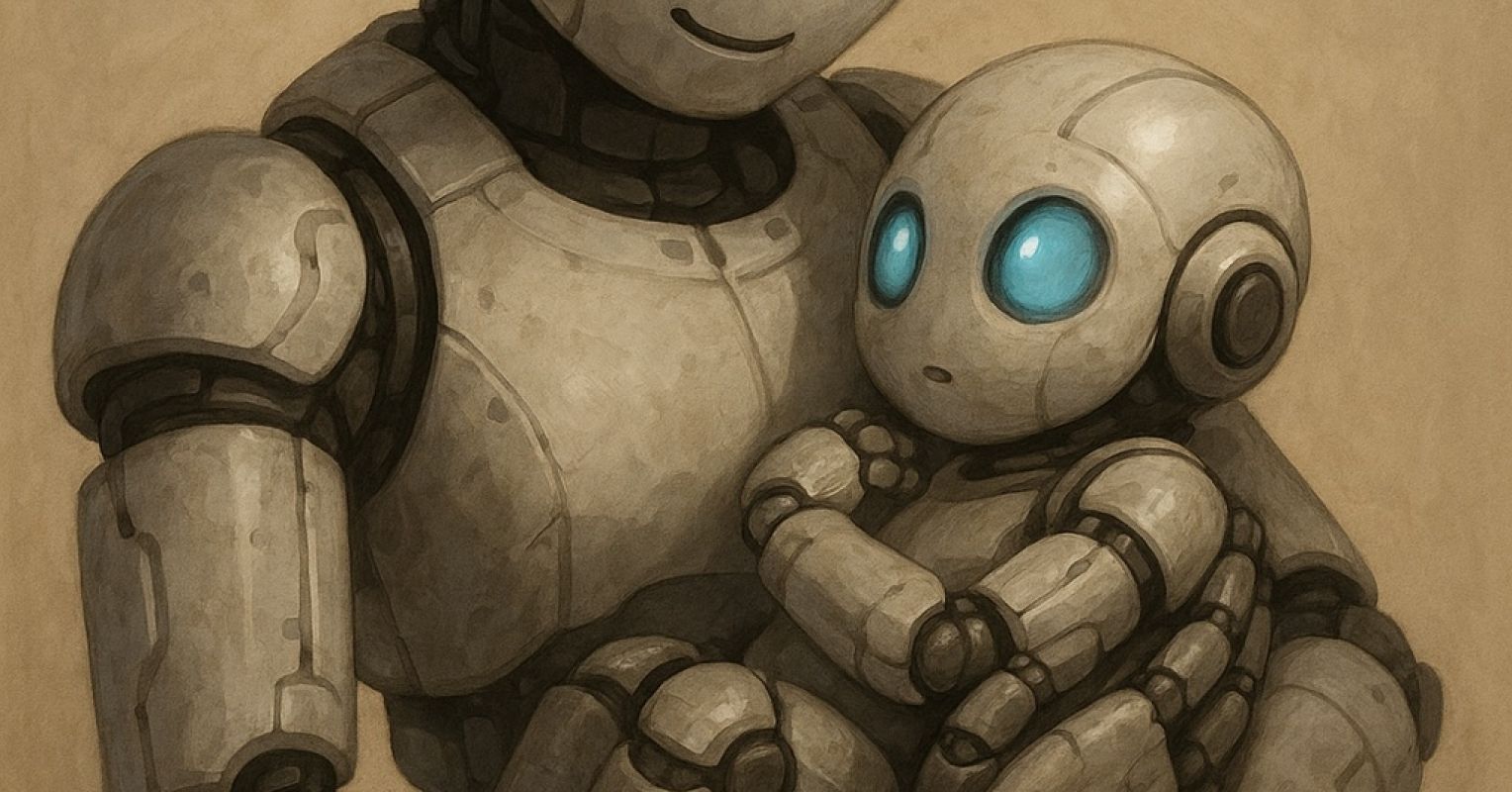
"Geoffrey Hinton won the 2024 Nobel Prize in physics for his contributions to deep learning methods that are the basis for the dramatic advances in AI that led to ChatGPT and other powerful models. He is sometimes called the "godfather of AI," which is odd given that AI was born in 1956 when he was 8 years old. But his pioneering work on neural networks has been recognized by other prestigious awards, such as the Turing Prize in computer science and the Rumelhart Prize in cognitive science."
"Since 2023, however, Hinton has produced intense warnings about current trends, even suggesting that AI could lead to human extinction. He has been active in advocating government regulations to ensure that AI is used for human good in fields such as medicine and education, rather than for warfare, surveillance, and other enterprises that bring harm to humans."
Geoffrey Hinton won the 2024 Nobel Prize in physics for contributions to deep learning and received other awards such as the Turing Prize and the Rumelhart Prize. Since 2023 he has warned that AI could lead to human extinction and has advocated government regulations to ensure AI serves medicine and education rather than warfare or surveillance. In August 2025 he proposed giving AI "maternal instincts" so that systems would care about humans and avoid harming or destroying them. That proposal is implausible because computers lack the chemical, physiological, and neural mechanisms that support parental care in humans. AI governance should focus on direct government regulation rather than trying to instill caregiving instincts in machines.
Read at Psychology Today
Unable to calculate read time
Collection
[
|
...
]